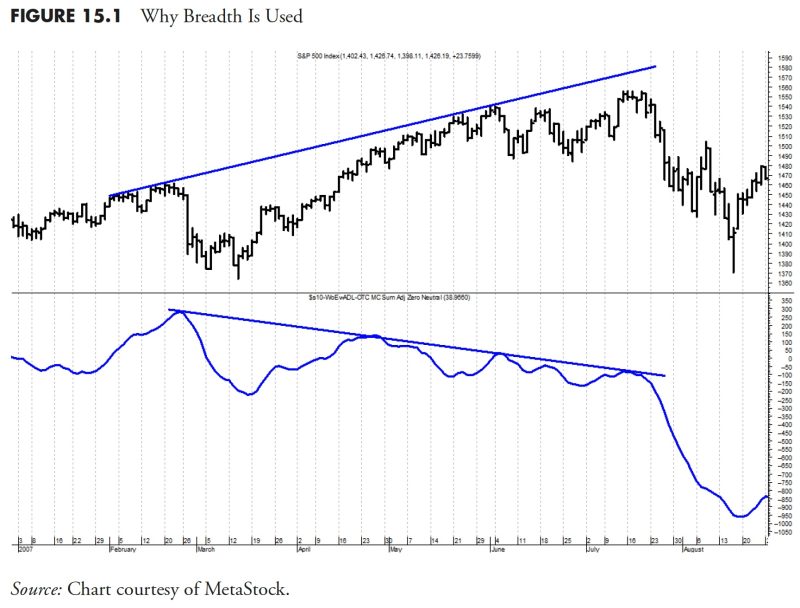
Mastering Monetary Discipline: Part 6 – A Comprehensive Guide to Synthesize Rules-Based Money Management
In the journey towards financial independence and wealth creation, it is indeed critical to have a strategic map that provides guidance on money management. Possessing a successful plan requires more than just budgeting or having miscellaneous financial rules to follow. It demands an integrated and comprehensive structure designed to maximize financial gains while protecting against potential risks, and to do this effectively, we most importantly need to learn how to put it all together.
The cornerstone of rules-based money management resides in the continuous cultivation of good financial behaviors driven by a set of carefully constructed rules. There are five core principles, including setting financial objectives, budgeting, saving, investing, and insurance, each forming the spine of an effective money management strategy. By unifying all these elements, we can create a robust and holistic approach to money management.
The first measure in putting it all together calls for an alignment of the financial objectives with personal values and life goals. It requires a clear definition of what is important to you and what you’re working towards. Whether it is paying off student loans, saving for retirement, establishing an emergency fund, or buying a home, identifying these goals is pivotal. On defining your financial objectives, ensure they are SMART – Specific, Measurable, Achievable, Relevant, and Time-defined.
Secondly, aligning your budget with your financial objectives is a necessary step. A well-structured budget gives you a comprehensive representation of your income, expenses, and net worth, providing a guide to making financial decisions in alignment with these objectives. When budgeting, every dollar should have a designated job, whether it’s going towards expenses, savings, investments, or paying off debts. Essentially, your budget underscores the control you have over your financial health, and aligning it with your financial objectives ensures you are on track to achieving your goals.
Thirdly, savings play an indispensable role in financial planning. One crucial rule in money management is to save first before indulging your spending habits. These savings can act as emergency buffers, avoiding the need to tap into investment funds or incur unnecessary debts during unexpected financial downturns. This nest can furnish capital resources that protect your financial plan against unpredicted adversities.
The fourth facet is investing, an integral component of augmenting your wealth and creating passive income streams. From real estate and stocks to bonds and mutual funds, there are countless investment opportunities accessible in the current market. However, effective investing requires research, understanding market trends, and continuously learning about new investment opportunities. Ensuring that your investments align with your financial goals and risk tolerance is vital for effective wealth management.
Lastly, despite all planning and managing, uncertainties are an inevitable part of life, making insurance a crucial component of a rules-based money management strategy. Insurance offers financial protection against potential loss from unforeseen events such as illness, accidents, property damage, or death. To effectively integrate insurance into your plan, it’s key to determine the insurance policies that align well with your financial objectives and risk profile.
In conclusion, putting together a rules-based money management strategy may seem like a daunting task, but it can be achieved through a systematic and diligent approach. It involves identifying and aligning your individual financial objectives, structuring a comprehensive budget, creating a consistent saving habit, investing wisely, and protecting against potential risks through insurance. With all these elements coming together, you are well on your way to financial stability and wealth creation. Not just this, such a holistic approach opens the door to financial freedom and empowers you to control your future in a confident manner.
